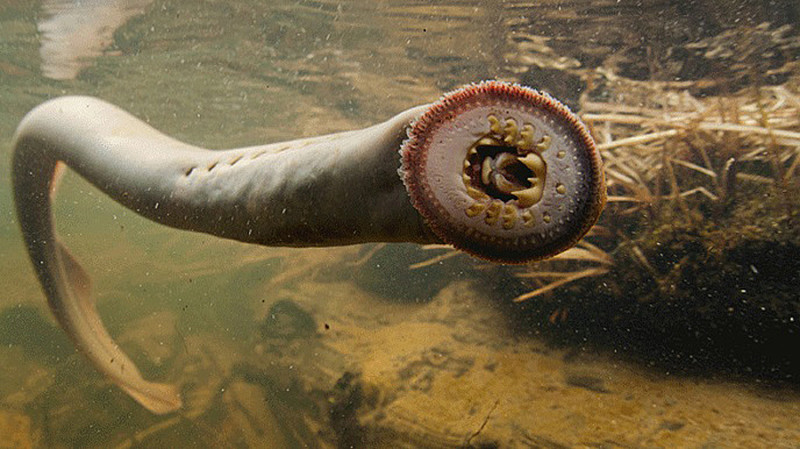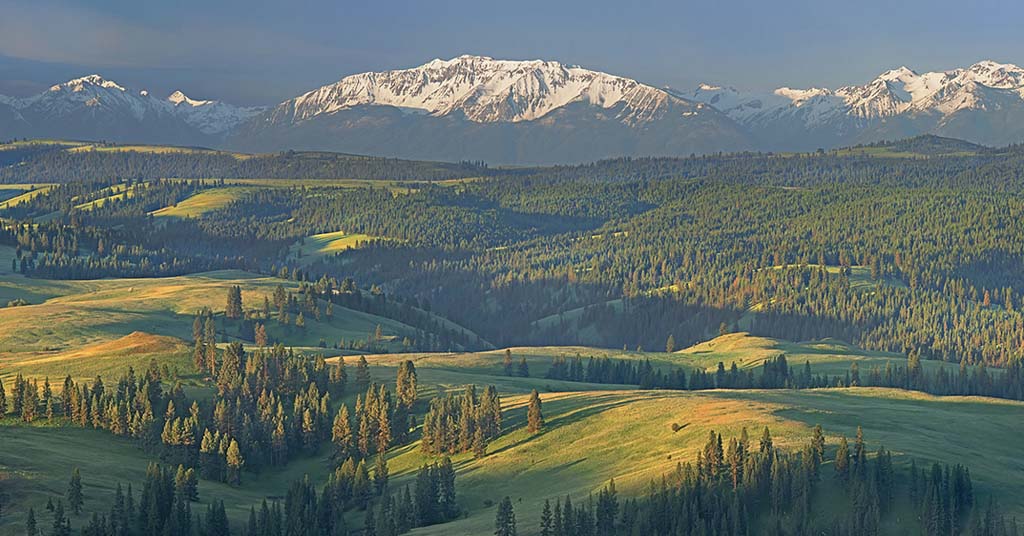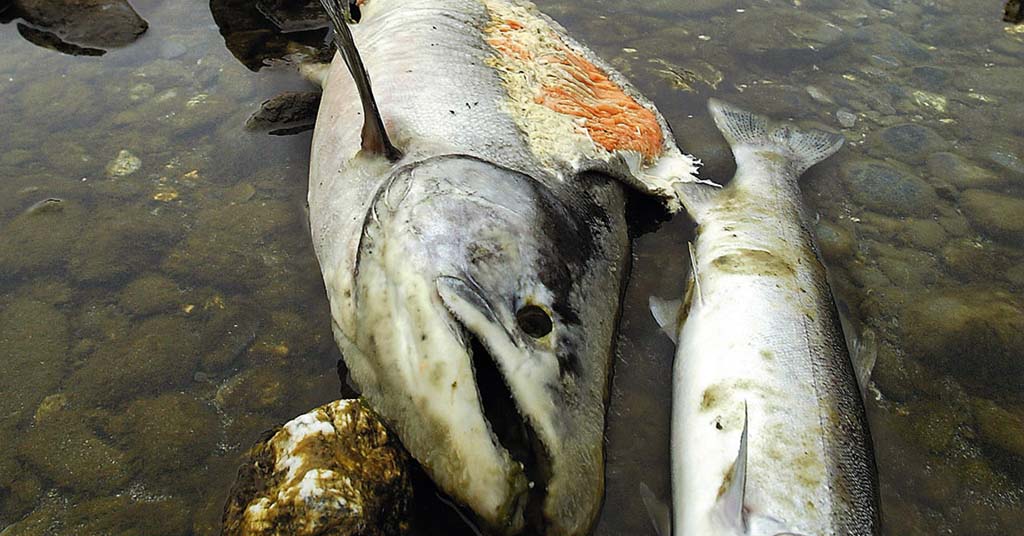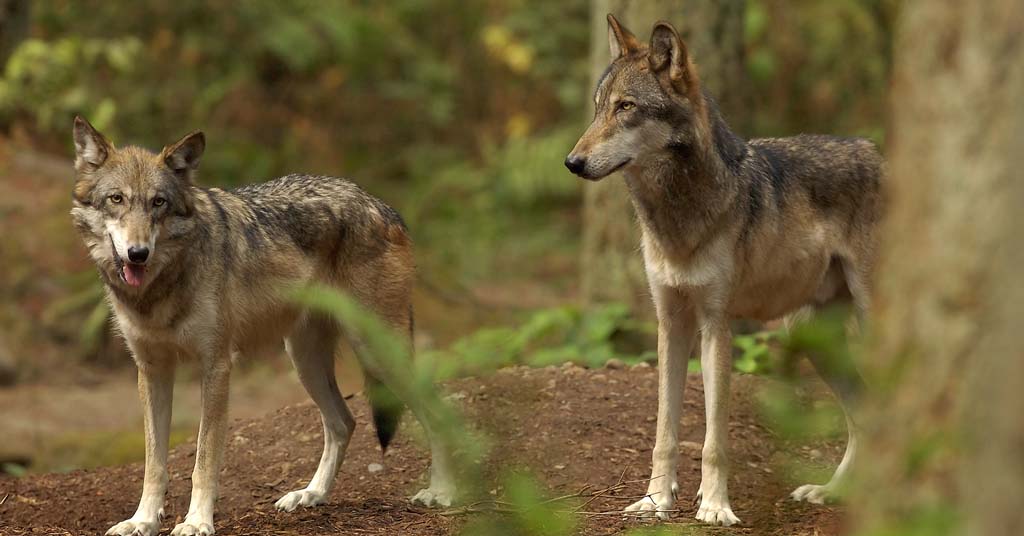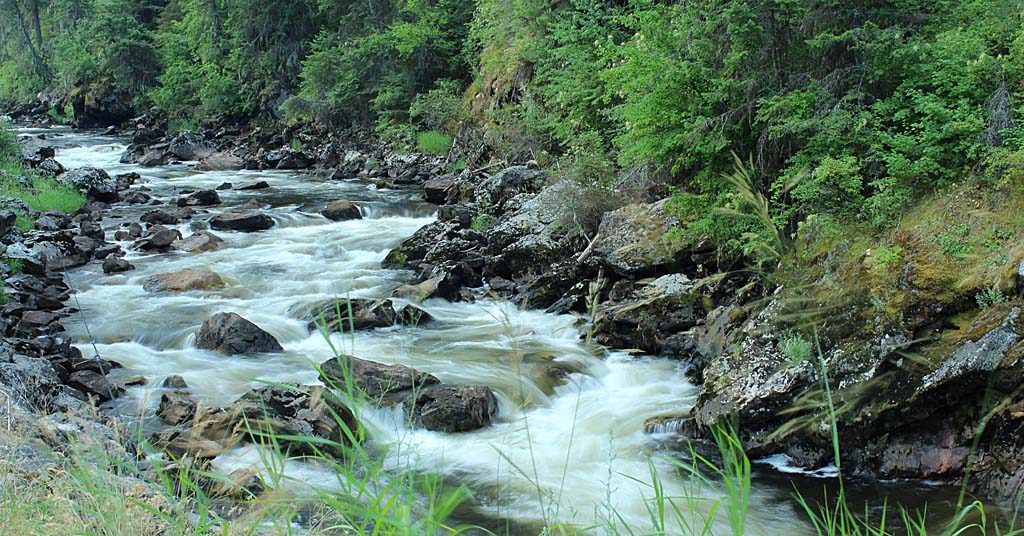By Emily Long. Aug. 31, 2015. Representative Mark Johnson is a Republican member of the Oregon House of Representatives from District 52, Hood River.
 [/media-credit]
[/media-credit]
This District includes parts of Gresham and sections of Hood River, Clackamas, and Multnomah Counties. He was first elected in 2010, winning reelection twice since. We interviewed him here in his current position of Vice Chair of the House’s Energy and Environment Committee.
We interviewed him on August 17, 2015. It has been edited for brevity.
You are Vice Chair of the Energy and Environment Committee. Would you mind explaining what that committee is?
It’s one of our house policy committees. It focuses on everything from environmental issues, lets just say: maybe water issues or pesticide use–all the way up to energy in terms of energy production policies that influence the electric grid, natural gas, and all of the above.
How did you happen to come into that role?
The Speaker of the House makes those appointments. I’ve been on the committee for two sessions now and vice chair for both sessions. It was a new area for me when I first was appointed vice chair in the 2013 session.
How do you view your role in the committee, and what is your level of influence?
As vice chair, you’re the ranking member, if you will, of your party. So I’m the ranking Republican on the committee. The committees are split; generally there are five Democrats and four Republicans on a policy committee like this. I get the chance to make sure that my members up to speed on what bills are going to be considered in the next meeting and what informational topics are going to be on the agenda as well, so they need to be prepared. And I usually I sit next to the chair, so you have the ability to ask pretty much anything that you want or get your opinion or your input into the process pretty easily, too.
What are the goals for the committee this year?
I don’t know that you could say that we have goals per se. It’s a little more random than that. You could have various business entities draft it or environmental conservation groups can draft their policies, so you consider the bills that come your way. One of the goals we have had or that we’ve been having to pay a great deal of attention to is on recent federal regulations on carbon affecting rural areas.
What do you see as some of the bigger state-wide issues and how will that affect the Gorge?
The oil train issue is obviously a concern locally, and a lot of folks have expressed concern of the more regular and greater frequency of oil train passage up and down the Gorge.
I think regarding natural resource use, I get a lot of input from people regarding the Nestlé project in Cascade Locks [Oregon] both pro and con. But we have state agencies: the Oregon Department of Fish and Wildlife and the Oregon Water Resources Board, who have been working on this for quite some time now, and they have a process in place. So we’re just kind of waiting for that process to play itself out.
There’s been a lot of interest regarding carbon lately. Some people have wanted to pass a carbon tax or to drive up the cost to try and discourage people from using various products. Nothing is coming through the legislative process on that, but there might be attempts at the ballot box, and in 2016 we could see something at the state-wide level. I am involved in some pretty high level talks about just what kind of statewide carbon initiative could be put together that would allow us to finally have some kind of resolution on the issue, so that people can begin to move on.
Dealing with infrastructure and development of the Gorge, what are your future projections, and how do those play into environmental impacts on the area?
We’ve got some pretty strict land use laws in the books that govern the types of development that can occur. I do think it’s obvious that we need to continue to look at and see if the current system is working or if there are many modifications that might be needed.



